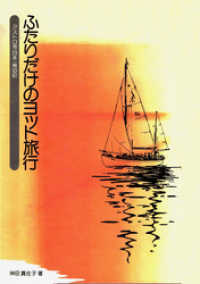Full Description
This volume contains the proceedings of the NATO Advanced Study Institute held in Porto Conte (Alghero), Sardinia, September 15-27, 1991.
-

- 電子書籍
- 妄想シスターでも少年修道士に恋していい…
-

- 電子書籍
- 魔弾の銃士【タテヨミ】第34話 pic…
-

- 電子書籍
- 偽りの面影【分冊】 3巻 ハーレクイン…
-

- 電子書籍
- 【デジタル復刻版】ふたりだけのヨット旅行




